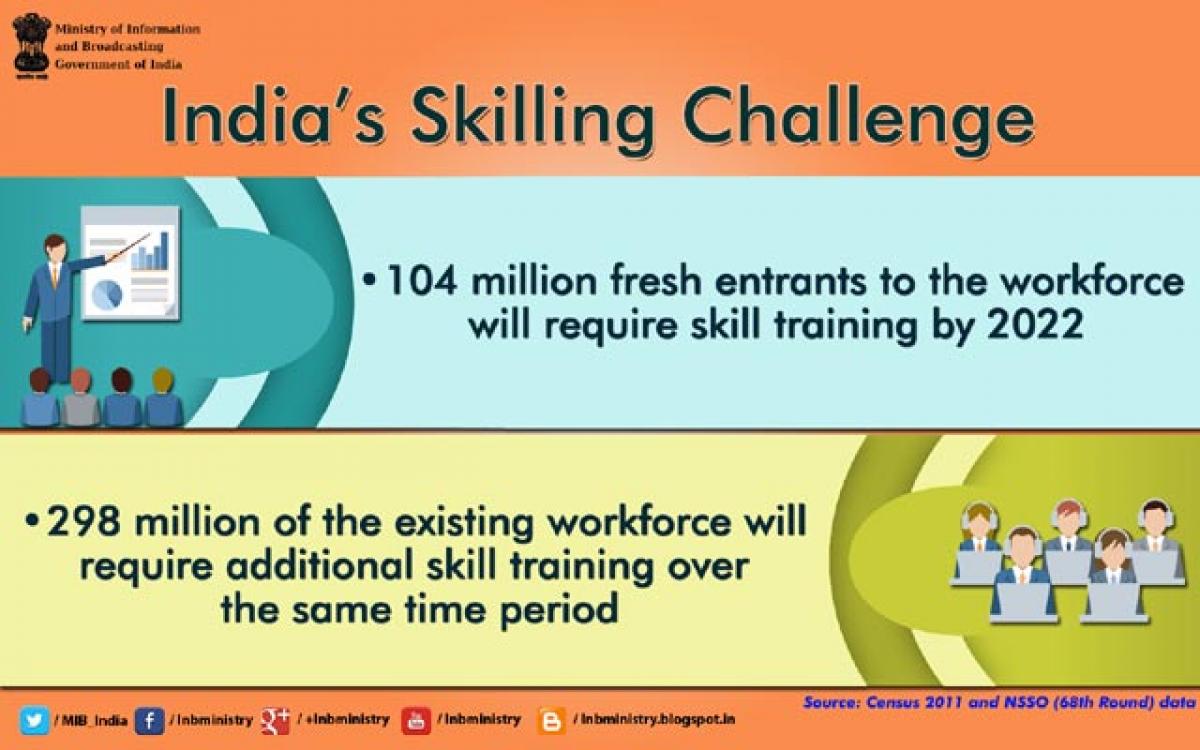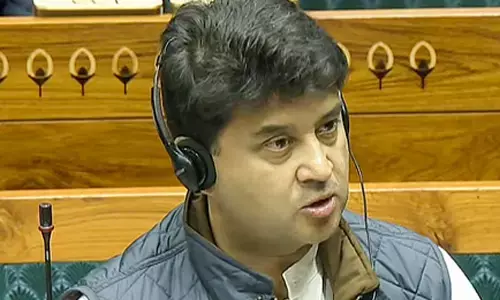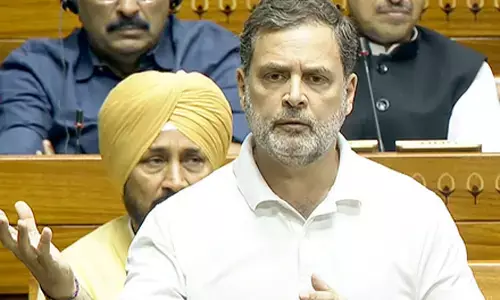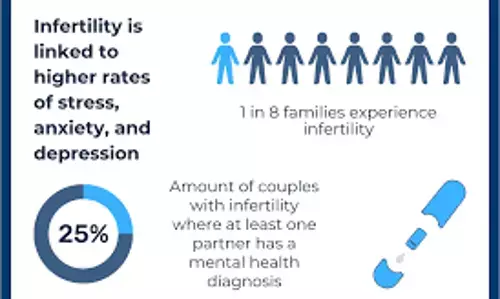Skilled India should be beyond jobs

Last fortnight India celebrated the first anniversary the formation of the Ministry for Skill Development which was created on July 15 last year.
Last fortnight India celebrated the first anniversary the formation of the Ministry for Skill Development which was created on July 15 last year. Happily, the UN declared it as the World Youth Skills Day. Immediately thereafter the National Skills Development Mission (NSDM) was launched.
Undeniably, India, true to its nature, is an enthusiastic partner in this event despite holding a very low place in the international ranking for skilled human power. Yet, it also has a reason to nurture a sense of achievement for having created general awareness about the need for vocational education along-with general education within a short time.
Pertinently, the Day is observed to generate greater awareness about the importance of technical and vocational education and training and development of other skills relevant to local and global economies. Wherein, the need for “marketable skills” is underscored through activities in six focus areas to show the importance of skills for achieving economic growth and personal success.
These areas cover many crucial issues which plague present day work comprising promotion of skills, career building, skills competition, education and training, international cooperation, and research. National statistics show India is currently facing a severe shortage of well-trained skilled workers. And Prime Minister Modi has drawn attention to the fact that hardly 23 percent of workers undergone formal vocational training.
Shockingly, compare this with skill attainment elsewhere 68 per cent in UK, Germany 75 per cent, US 52 per cent, Japan 80 per cent and 96 per cent in South Korea. However, schools and colleges are increasing in number and turning out lakhs of certificate and degree holders. But, a large proportion of the educated are unemployable in the job market for lack of skills and application.
Importantly, the situation demands immediate remedial action. Remember, the National Policy on Skill Development was first adopted in 2009 and revised in 2015. It set an ambitious target of providing skills to 50 crore people by 2022. Appallingly, they are seen not just in the medium of instruction, popularized subjects, extra-curricular activities or the type of management of institutions. Besides, the vocational stream has all along been associated with manual work and looked down as the road meant for academically weaker students.
Along-with removing gaps between demand and supply of skilled manpower; building a vocational and technical training framework; upgrading skills; building new skills for existing jobs and creating new avenues. Its mission is to bring about a ‘Skilled India’. True, the objects envisaged are lofty and in keeping with Goals 4 and 8 of the Sustainable Development Goals which follow the Millennium Development Goals and have to be achieved by 2030. This is as an international commitment.
Notably, Goal 4 is to ensure inclusive and equitable quality education and promote lifelong learning opportunities for all. Goal 8 is about promoting sustained, inclusive and sustainable economic growth, full and productive employment and decent work for all. Appreciably, the Government seems to be taking the job of skills development seriously.
The National Skill Development Agency, National Skill Development Corporation, National Skill Development Fund, 33 Sector Skill Councils and 187 Training partners registered in the 14 NSDC constitute the functional units of the Ministry. Moreover, the Pradhan Mantri Kaushal Vikas Yojana (PMKVY) launched by the Ministry is designed to enable and mobilize a large number of youth to take up outcome based skill training to become employable and earn their livelihood.
Consider, our traditional pattern of life was so informal that our knowledge produces results without explaining the process scientifically. Thus, knowledge itself becomes unscientific and unacceptable on the international platform. Interestingly, today Creating Skills India is expected to produce a workforce capable of taking full advantage of the technological revolution and global marketing taking place world-wide to attain personal and national growth in all sectors.
Scandalously, presently, only 10 per cent of the country’s total workforce receives skill training although the concept of vocational and technical education is not new to India. Thus, the demographic advantage the country has with a large working age population as against ageing population in many developed countries will become a liability unless the workforce is educated and employable.
In sum, vocational and technical training is a vast area covering diverse and useful areas comprising personal, professional, organizational and managerial skill and should not be confused with the old apprentice system under industrial laws. Skill training has to be fitted well with other educational concepts which we have accepted like the common education system or the much needed value-based education.
Plainly, our educational system, which is already under pressure with too many changes cannot suddenly switch over to an education for capability or over-emphasize the concept of productive purpose in school education. Nor can it trample on education in humanities and social and human sciences in search of vocational skills which is likely to be narrowly understood as job training for economic prosperity.
Bluntly, we need skills in every activity, be it social interaction, public administration or political relationships. The writer is a Former Director of ICSSR, New Delhi)
By Dr S Saraswathi








